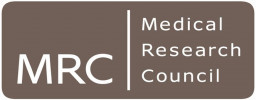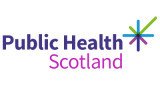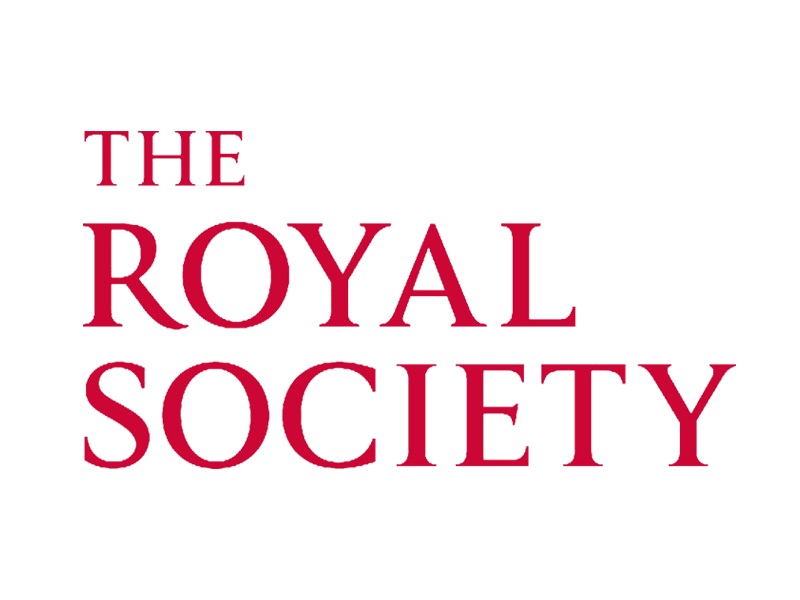Public Health England (PHE): Government against COVID-19 Non-funding Support
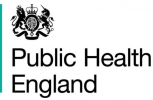
Entity: Public Health England (PHE)
Category: Non-funding Support
Description: An executive agency of the Department of Health and Social Care, and a distinct organisation with operational autonomy. Provide government, local government, the NHS, Parliament, industry and the public with evidence-based professional, scientific expertise and support.
1. Programme Title: HDRUK Cambridge COVID-19 Risk Factors Consortium
Summary: This consortium is a collaboration between HDRUK Cambridge (Department of Public Health and Primary Care, University of Cambridge and the Wellcome Sanger Institute) and Public Health England.
Project Description: The HDRUK Cambridge COVID-19 Risk Factors Consortium aims to understand risk factors for COVID-19, clinical trajectory and associated health outcomes through linkage of population and patient cohort bioresources led from Cambridge (with over 230,000 participants) with SARS-CoV-2 test results provided by Public Health England and other electronic health records. Once this data has been linked, researchers will be able to use this data to identify risk factors that influence susceptibility to SARS-CoV-2 infection and the likelihood of adverse consequences of infection.
2. Programme Title: COVID-19 Genomics UK (COG-UK) Consortium
Summary: PHE is a partner in the 'COVID-19 Genomics UK (COG-UK) Consortium' project. The COVID-19 Genomics UK (COG-UK) Consortium' is a collaboration between the NHS, Public Health England and other UK public health agencies, the Wellcome Sanger Institute, University of Cambridge and other academic institutions. Public Health England aims to address urgent threats to health in the 21st century and the organisation has been central to the national response to COVID-19; PHE has led this proposal to develop a national capability to sequence the causative virus and use this to inform public health interventions. The COVID-19 Genomics UK (COG-UK) Consortium will be led by Sharon Peacock as a collaborative initiative to capture information on the virus and from patients so as to reduce the impact from the COVID-19 epidemic in the UK.
The COVID-19 Genomics UK (COG-UK) Consortium aims to increase the current capacity for SARS-CoV-2 genetic sequencing in the UK. This sequencing data will be used to understand the epidemiology and spread of the virus, and to monitor and evaluate interventions for COVID-19. SARS-CoV-2 genomic data will be integrated with NHS electronic health records and other existing genomic data to generate insights into susceptibility to COVID-19. From within the DPHPC, Professor John Danesh is a member of the COG-UK Steering Group, Dr Ewan Harrison will serve as the Scientific Project Manager and Dr Michael Chapman will lead the health informatics component.
Contributors:
Professor Sharon Peacock, Director of the COVID-19 Genomics UK (COG-UK) Consortium and Director of the National Infection Service, Public Health England
Richard Myers, Interim Head of Bioinformatics, PHE Core Bioinformatics Unit
Professor Saheer Gharbia, Genomics Research Unit
Dr Tamyo Mbisa, Head of the Antiviral Unit and Clinical Scientist at the Virus Reference Department at Public Health England
Dr Angie Lackenby, Sequencing Lead, Clinical Scientist, Respiratory Virus Unit, Virus Reference Department, National Infection Service
Dr Shahjahan Miah, Technical Lead for Sequencing, Respiratory Virus Unit, Virus Reference Department, National Infection Service
Dr Steven Platt, Bioinformatician, Respiratory Virus Unit, Virus Reference Department, National Infection Service
Dr Jonathan Hubb, Head of Central Sequencing Laboratory, National Infection Service
Dr Meera Chand, Consultant Microbiologist
Dr Gavin Dabrera, Consultant Epidemiologist
Dr Mary Ramsay, Head of Immunisations
Dr Daniel Bradshaw, Consultant Virologist
3. Programme Title: Bugbank
Summary: Bugbank is a project that aims to link infection data from Public Health England to improve the study of infection in the UK Biobank cohort. Infection is a major cause of poor health and early death around the world; we are all exposed to infectious microbes, but what is unclear is why some people succumb to infection when others do not? And why some infected people become seriously unwell, when others do not The Bugbank project is developing infrastructure to help researchers address these questions.
Bugbank is a collaboration between the Oxford Big Data Institute, Public Health England (PHE) and UK Biobank (UKB). PHE is responsible for surveillance of infections and antimicrobial resistance in England. UKB is an ongoing study of common diseases in a cohort of 500,000 people aged over 40 when they were recruited in 2006-2010. UKB allows researchers to study the effects of lifestyle, environment and human genetics on disease.
The objective of Bugbank is to link infection data from PHE to improve the study of infection in the UKB cohort. PHE has developed a system to dynamically link daily reports of infections in the PHE Microbiology database with the UKB system. This linkage of systems enables the identification of infections that have occurred in UKB participants. In addition to data linkage, PHE is piloting the feasibility of retrieving microbial cultures from UKB participants through clinical diagnostic labs for further microbiological and genetic analysis. This could be used to fulfil the long-term Bugbank objective of performing joint human-microbe studies to better understand the lifestyle, epidemiological and genetic risks for common infections in a large cohort over time.
Phase 1 was supported by the Public Health England Pipeline Fund. There are three phases to the Bugbank project: A. Incorporate infection data from PHE (e.g. microbial species, infection type, antibiotic susceptibility data) into UK Biobank to improve the information available to scientists studying the UKB cohort. This linkage would provide researchers with greater granularity over infection types, improving the chances of finding risk factors for infection. Progress from periodic (e.g. annual) linkage of PHE data and UKB, to a dynamic linkage system which incorporates new infection data on a frequent (up to daily) basis. This enables phase 3 and could be repurposed for rapid response to Covid-19 (see below). B. Assess the practicality of identifying and retrieving the microbial cultures from infections occurring within the UKB cohort from clinical diagnostic labs in England for further microbiological and genetic investigation. C. The computer systems required for phases 1 and 2 have been created and tested. Anyone can read about the results of phase 1 since is publicly available. The data from phase 1 will become available to UKB researchers pending a PHE-UKB contractual agreement. An article summarising phase 2 is in preparation. Retrieval and storage of the microbial samples (phase 3) has started and looks promising.
In light of the ongoing pandemic, the systems that PHE has put in place for Bugbank could be deployed to study Covid-19 infection caused by the novel coronavirus SARS-CoV-2 in near-to real time. The linkage of data between PHE and UKB may enable researchers around the world to look for genetic, epidemological and lifestyle risk factors for severe infection. This information could provide invaluable clues as to why some people develop mild symptoms while others develop life-threatening disease.
4. Programme Title: ISARIC 4C- Coronavirus Clinical Characterisation Consortium
Summary: PHE is a partner in the project 'ISARIC 4C- Coronavirus Clinical Characterisation Consortium', whose funder is the Medical Research Council with a total award of £4.9m. The researchers will collect samples and data from COVID-19 patients in the UK to answer many urgent questions about the virus and provide real-time information, which could help to control the outbreak and improve treatment for patients.
Their questions include: Who in the population is at higher risk of severe illness? what is the best way to diagnose the disease? What is happening in their immune systems to help or harm them?What are the effects of drugs used in patients with COVID-19? How long are people infectious for and from which bodily fluids? Are people infected with other viruses (e.g. flu) at the same time? They will recruit at least the first 1,300 UK patients who agree to take part over the next year, and aim to start communicating their initial results in months.
The team’s capacity builds on planning carried out over the past 8 years as part of the International Severe Acute Respiratory Infection Consortium, and it includes co-investigators from six UK universities and Public Health England. More information is available at the UK Research and Innovation page.
The project is led by:
Kenneth Baillie (University of Edinburgh)
M.G. Semple (University of Liverpool)
Peter Openshaw (Imperial College London)
+ Partner organisations:
University of Cambridge
University of Edinburgh
University of Glasgow
Imperial College London
University of Liverpool
University of Oxford
Public Health England
.jpeg)
%20Consortium.png)

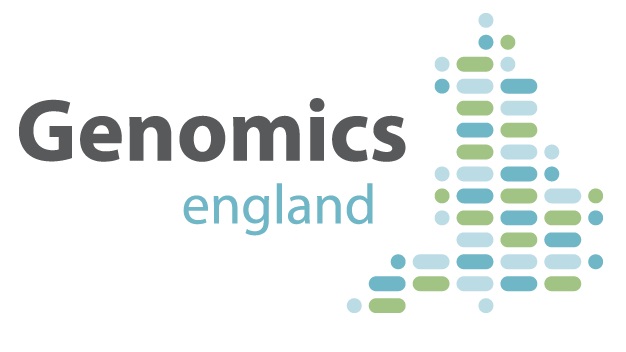
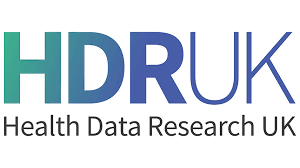
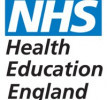
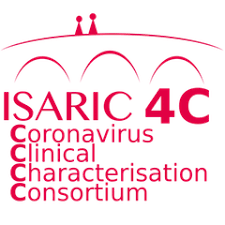












.jpg)
